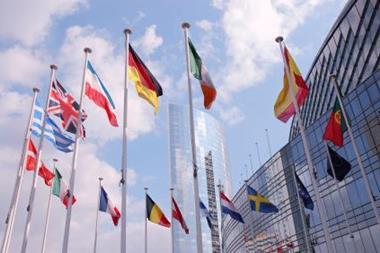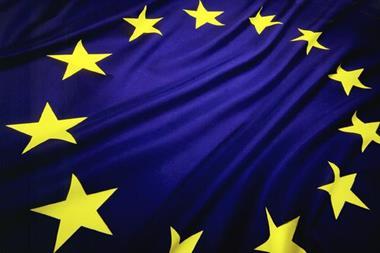German energy group RWE and Italian energy company ENI under the regulatory spotlight over antitrust allegations
EU regulators have launched antitrust cases against German energy group RWE and Italian energy company ENI for trying to keep competitors out of their markets. The EU, rather than national competition authorities, has taken action on the basis that it is best placed to act in the circumstances.
Paul Stone, consultant, competition & EU law, Lovells, says that the European Commission tends to focus on cases that have cross border effects or affect several EU countries. “The RWE and ENI cases seem to stem from the Commission's particular interest in the gas sector and its concerns about barriers to cross border trade in this sector.”
The latest EU regulators’ move follows dispatch a few days earlier of a "statement of objections" to companies suspected of forming an illegal cartel for chloroprene rubber, ie fixing prices. But Stone does not believe that the level of activity by the EC against anti-competitive practices is increasing. “It has been high for many years,” he says. “However, the fines being imposed (particularly fines for cartel) are certainly getting higher.”
Who is next in the firing line? Stone says that the EC has been carrying out a number of competition sector inquiries (notably in the energy and financial services sectors). One of the purposes of these inquiries is to identify if there are any areas where the EC should be taking enforcement action against anti-competitive practices. “So, we can expect further investigations from the European Commission in these sectors.“
The maximum fine that can be imposed for breach of the EC competition rules is 10% of a company’s group worldwide turnover – which could be a pretty hefty sum for an energy or financial group.
Stone advises that the best form of protection is to operate an effective competition compliance programme to ensure that staff are trained about the requirements of the competition rules and the potential consequences for the company (and in some cases individuals) of breaching the rules. If a company discovers that it is has been involved in a cartel, the EC and most national competition authorities operate leniency programmes which give companies that confess immunity from or reductions in fines.


















